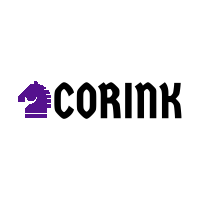Writers Sarah Silverman, Christopher Golden and Richard Kadrey have filed lawsuits against OpenAI, the company behind ChatGPT, and Meta. They accuse the companies of disrespecting copyright by training their text-generating artificial intelligences.
The lawsuit was filed in the U.S. District Court for the Northern District of California. It alleges that OpenAI’s ChatGPT and Meta’s LLaMA were trained with illegally acquired datasets that contained the authors’ works.
The books would be on sites like Z-Library (which was taken down in November 2022), Library Genesis and Bibliotik, as well as being shared by torrent.
As evidence of the illegal use, the writers point out that ChatGPT is able to summarize their books with great accuracy, despite missing some details, which would indicate that they had access to the complete works.
As for Meta’s LLaMA, the authors say they found the works in the dataset the company used to train its AI models.
Meta has a more open approach to the subject than OpenAI: in one article, it details the sources used to develop its text generator.
The dataset is called ThePile and was created by an EleutherAI company. In one article, she states that he uses a copy of the contents of the Bibliotik.
Law firm already moves other actions against ChatGPT
The three plaintiffs are represented in the lawsuit by attorneys Joseph Saveri and Matthew Butterick. The pair also filed another lawsuit against OpenAI, on behalf of writers Mona Awad and Paul Tremblay, in the same US court.
Saveri and Butterick even created a website called LLM Litigation to publicize the lawsuits.
In addition to the plaintiffs, Saveri’s office represents artists who have filed a class action lawsuit against Stable Diffusion. The algorithm reportedly takes illustrations, drawings, and other works as the basis for generating images.
Another lawsuit is against GitHub Copilot, which uses AI to suggest code snippets. All of these practices may constitute copyright infringement.
